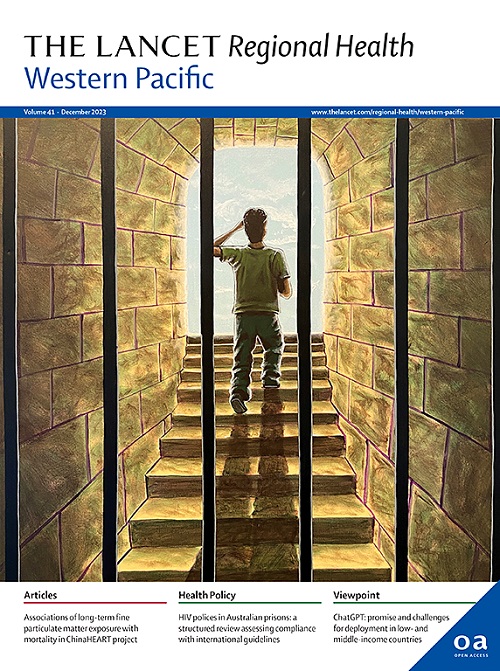Preparing for the next pandemic: insights from Aotearoa New Zealand’s Covid-19 response
IF 7.6
1区 医学
Q1 HEALTH CARE SCIENCES & SERVICES
引用次数: 0
Abstract
In 2020 Aotearoa New Zealand, like many other countries, faced the coronavirus pandemic armed with an influenza-based pandemic plan. The country adapted rapidly to mount a highly strategic and effective elimination response to the SARS-CoV-2 pandemic. However, implementation was hampered by gaps in pandemic preparedness. These gaps undermined effectiveness of the response and exacerbated inequitable impacts of both Covid-19 disease and control measures. Our review examines the Covid-19 response, reflecting on strengths, limitations and implications for pandemic planning. We identify three key areas for improvement: 1) development of a systematised procedure for risk assessment of a new pandemic pathogen; 2) investment in essential capabilities during inter-pandemic periods; and 3) building equity into all stages of the response. We present a typology of potential pathogens and scenarios and describe the evidence assessment process and core capabilities required for countries to respond fluidly, equitably, and effectively to a rapidly emerging pandemic threat.
为下一次大流行做准备:来自新西兰应对Covid-19的见解
2020年,新西兰和许多其他国家一样,面对冠状病毒大流行,制定了基于流感的大流行计划。该国迅速适应,对SARS-CoV-2大流行采取了高度战略性和有效的消除措施。然而,大流行防范方面的差距阻碍了落实工作。这些差距破坏了应对措施的有效性,加剧了Covid-19疾病和控制措施的不公平影响。我们的综述审查了Covid-19应对措施,反思了大流行规划的优势、局限性和影响。我们确定了三个需要改进的关键领域:1)制定新的大流行病原体风险评估的系统化程序;2)在大流行期间对基本能力进行投资;3)在应对的各个阶段建立公平。我们提出了潜在病原体和情景的类型,并描述了各国对迅速出现的大流行威胁作出灵活、公平和有效反应所需的证据评估过程和核心能力。
本文章由计算机程序翻译,如有差异,请以英文原文为准。
求助全文
约1分钟内获得全文
求助全文
来源期刊

The Lancet Regional Health: Western Pacific
Medicine-Pediatrics, Perinatology and Child Health
CiteScore
8.80
自引率
2.80%
发文量
305
审稿时长
11 weeks
期刊介绍:
The Lancet Regional Health – Western Pacific, a gold open access journal, is an integral part of The Lancet's global initiative advocating for healthcare quality and access worldwide. It aims to advance clinical practice and health policy in the Western Pacific region, contributing to enhanced health outcomes. The journal publishes high-quality original research shedding light on clinical practice and health policy in the region. It also includes reviews, commentaries, and opinion pieces covering diverse regional health topics, such as infectious diseases, non-communicable diseases, child and adolescent health, maternal and reproductive health, aging health, mental health, the health workforce and systems, and health policy.
 求助内容:
求助内容: 应助结果提醒方式:
应助结果提醒方式:


